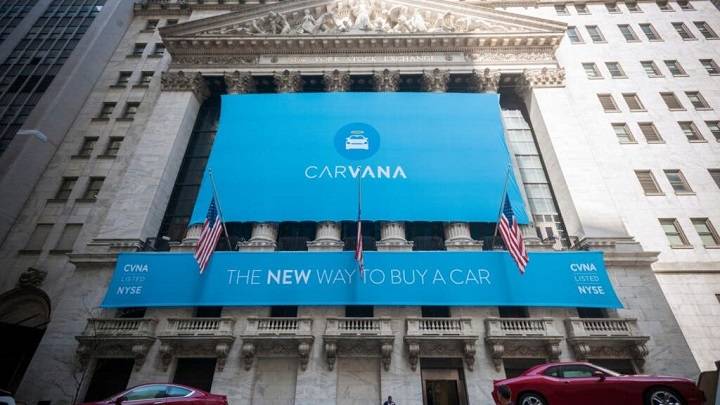In recent times, there have been speculations and concerns about the financial stability of Carvana, a well-known online platform for buying and selling used cars. This article aims to provide an in-depth analysis of the situation, exploring various aspects of Carvana’s business, and addressing the question: Is Carvana going out of business?
Is Carvana Facing Financial Trouble?
Carvana, like any other business, has faced its share of challenges and ups and downs. However, it’s important to note that as of my last knowledge update in January 2022, there were no concrete signs indicating that Carvana was on the brink of going out of business. Let’s dive deeper into the factors contributing to these speculations and Carvana’s overall financial health.
1. Market Volatility
Carvana operates in the automotive industry, which can be highly cyclical and susceptible to market fluctuations. Economic downturns, changes in consumer preferences, and supply chain disruptions can impact the company’s revenue and profitability. Investors and analysts may interpret such market volatility as a sign of instability.
2. Debt Load
One of the concerns surrounding Carvana’s financial health is its debt load. Like many companies, Carvana relies on debt financing to fund its operations and expansion. A high debt load can be a risk if not managed properly, and investors closely watch a company’s ability to service its debt.
3. Growth and Expansion
Carvana has been on a rapid expansion journey, entering new markets and investing heavily in infrastructure and technology. While growth is essential for any business, it comes with its own set of challenges, including managing cash flow and maintaining profitability during expansion phases.
4. Competition
The online used car market is becoming increasingly competitive, with traditional dealerships and new entrants vying for market share. Carvana’s ability to stay competitive and differentiate itself is crucial for its long-term success.
5. Industry Trends
The automotive industry is undergoing a transformation with the rise of electric vehicles (EVs) and changing consumer preferences. Carvana’s ability to adapt to these evolving trends and incorporate them into its business model will play a significant role in its survival.
Positive Factors

It’s not all doom and gloom for Carvana. Several positive factors contribute to its resilience in the market:
- Innovative Business Model: Carvana’s unique approach to buying and selling used cars online has resonated with many consumers, providing convenience and transparency.
- Tech-Savvy Approach: Carvana’s technological integration, such as its online platform and contactless car delivery, has positioned it as a forward-thinking company.
- Strong Brand: Carvana has built a recognizable brand in the used car industry, which can be a competitive advantage.
- Consumer Trust: Trust is crucial in the used car market, and Carvana’s customer-centric approach has earned it positive reviews and repeat customers.
As of my last knowledge update, there were no definitive signs indicating that Carvana was on the verge of going out of business. However, the concerns mentioned above should not be ignored, and they highlight the challenges that Carvana, like any other business, must navigate.
Investors, customers, and industry observers should closely monitor Carvana’s financial performance, debt management, and its ability to adapt to changing market conditions. The ultimate answer to whether Carvana is going out of business will depend on how effectively the company addresses these challenges and seizes opportunities in the dynamic automotive industry.

